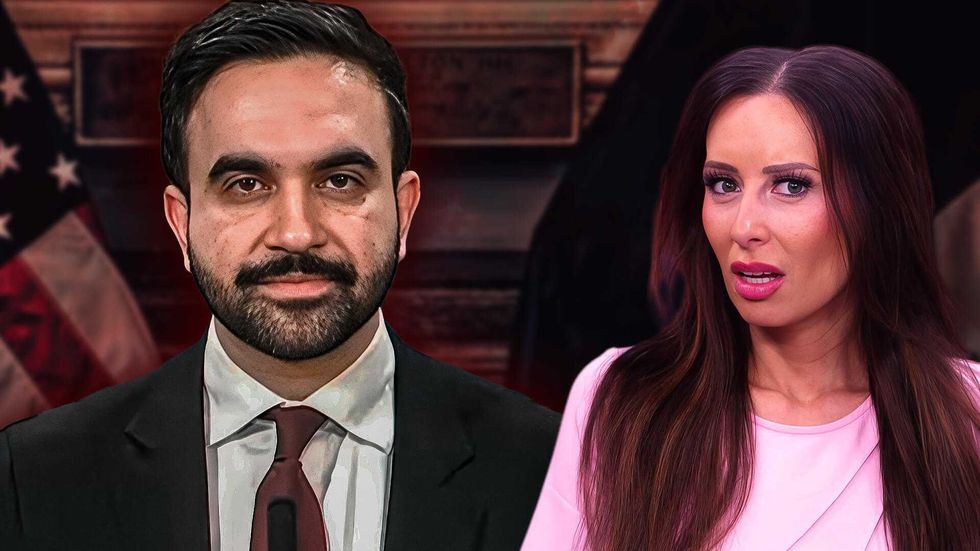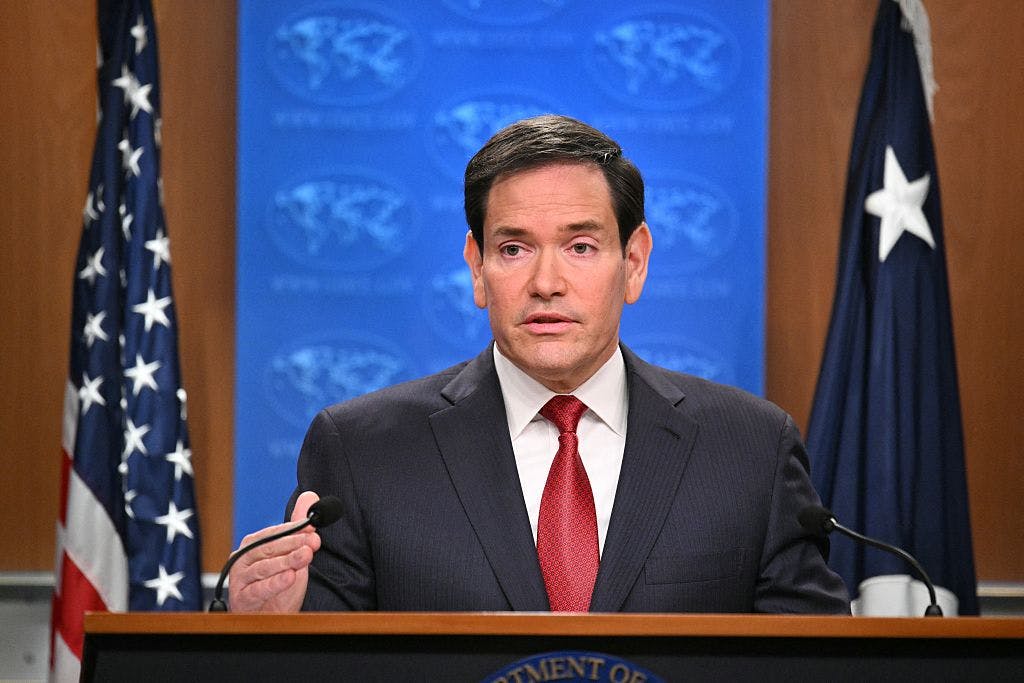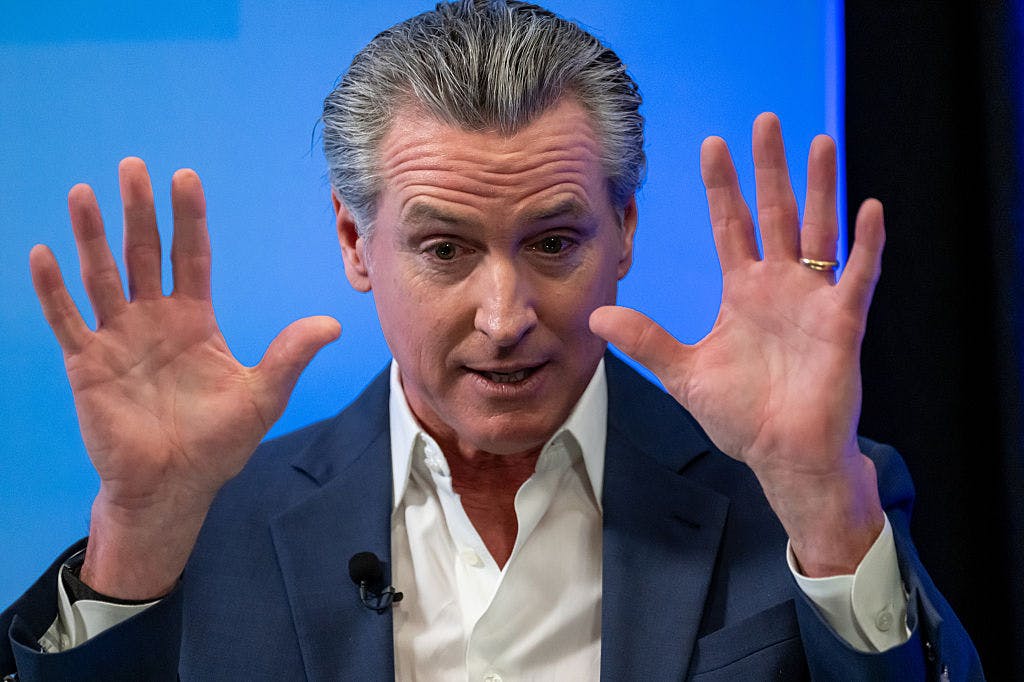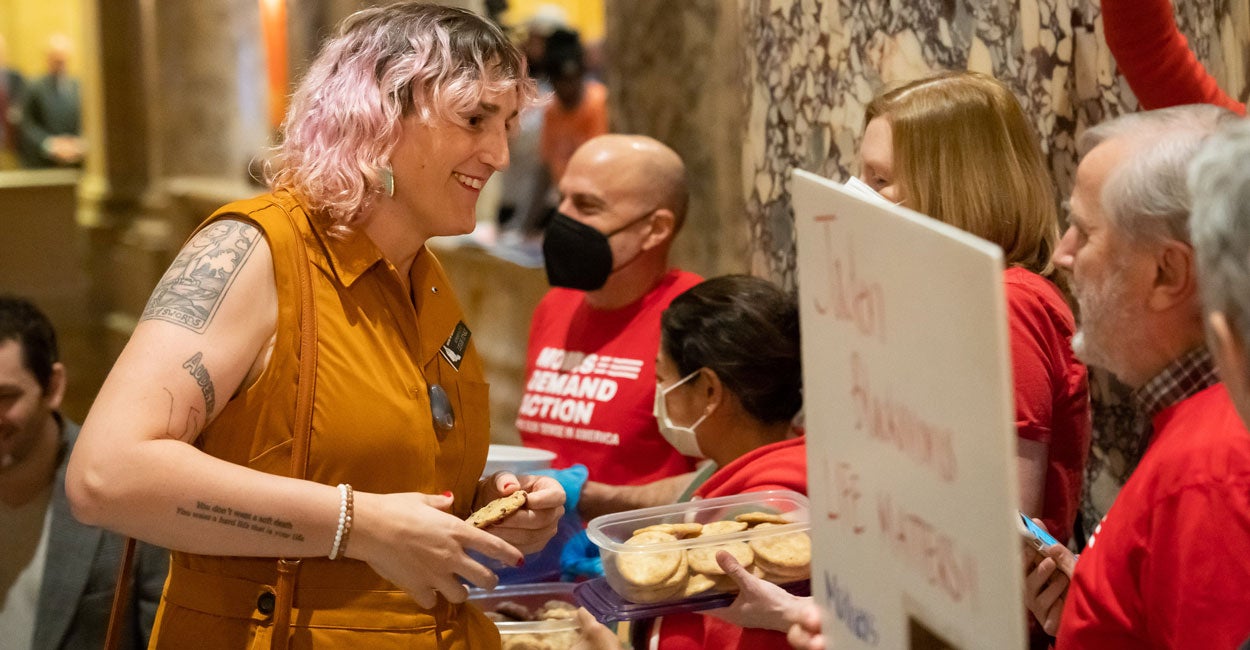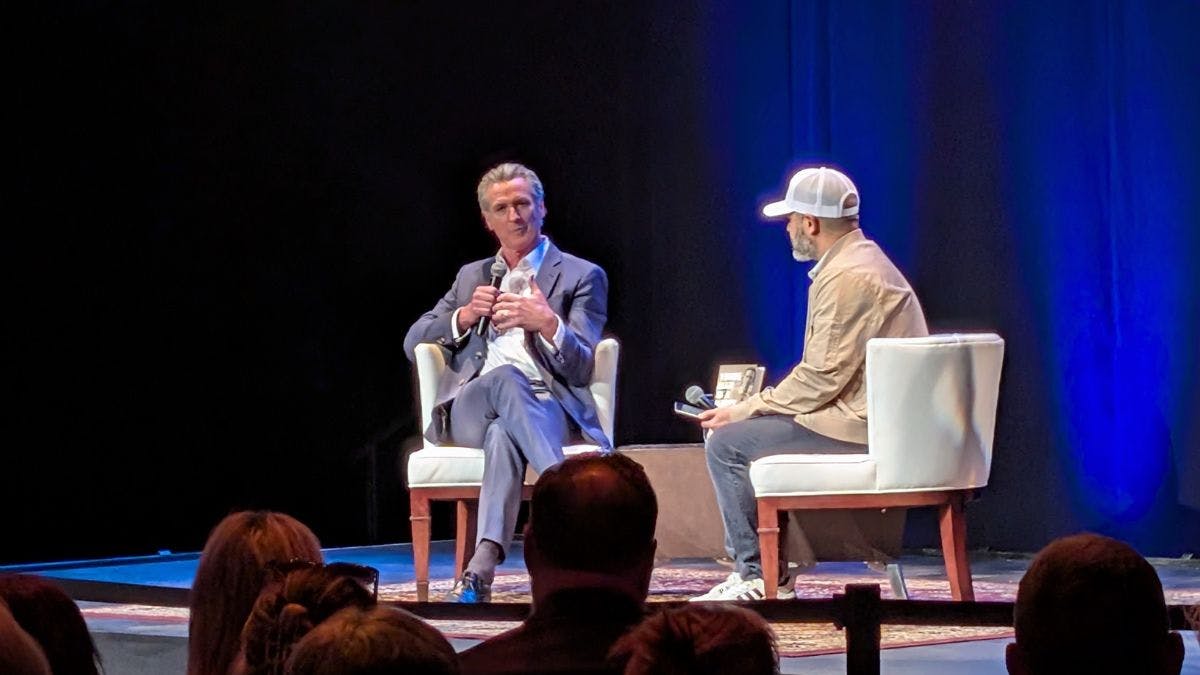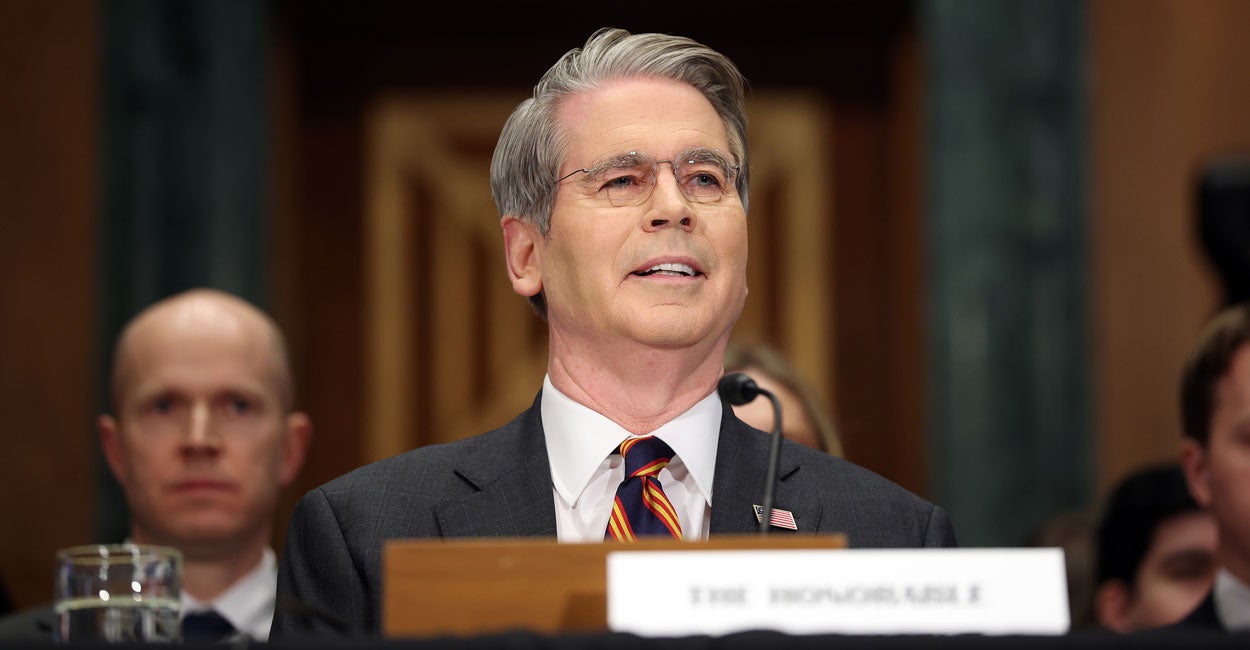From ‘Teach Me’ To ‘Prove Me Wrong’: How Social Media Killed Curiosity
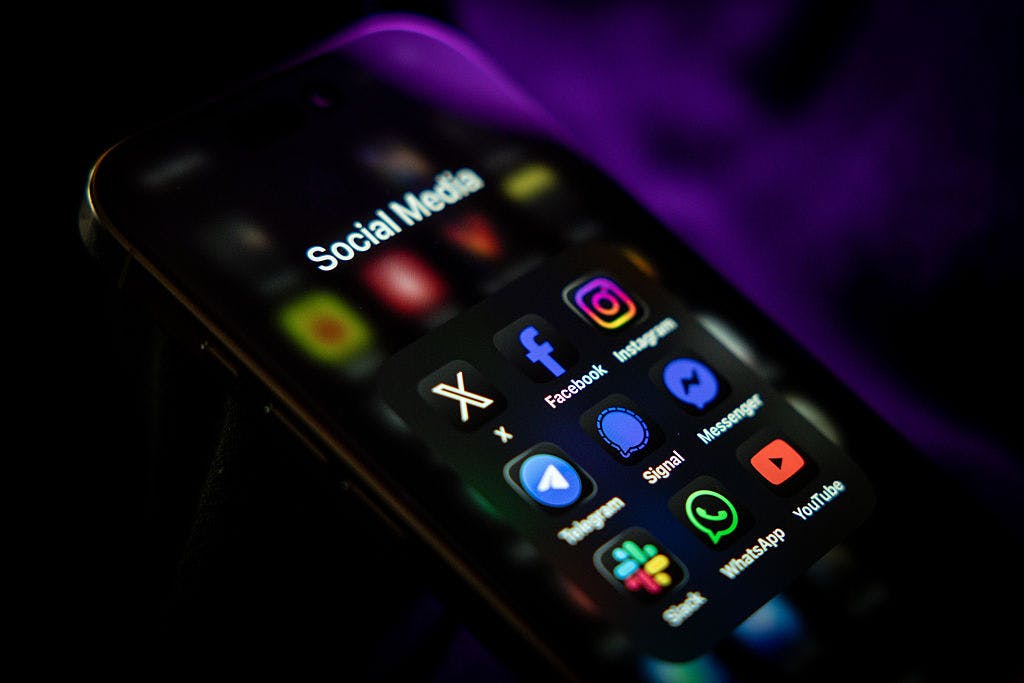
There was a time not so long ago when Americans debated ideas around dinner tables, not timelines. We wrestled with differences in living rooms, classrooms, and church halls. But now? We live in the age of “I don’t believe you. Prove me wrong.” The default mode of curious conversation has turned into combat.
Live Your Best Retirement
Fun • Funds • Fitness • Freedom
Scroll through any comment section and you’ll see it: people don’t log on to learn, they log on to win. They enter digital arenas, not classrooms. Social media has turned intellectual inquiry into an Olympic sport of outrage where every disagreement demands a takedown, every nuance is flattened into a meme, and every opponent becomes an enemy. That shift—from curiosity to cynicism—is quietly dismantling the very foundation of a free society: Trust.
Once upon a time, conservatism—and really, American discourse as a whole—was built on questions. Our Founders argued fiercely, but the goal was understanding. Debate was an act of discovery, not destruction. “Teach me” was the posture of a citizen who loved truth more than tribe.
Today, that posture is rare. We’ve mistaken being informed for being inflexible. We say, “I’ve done my research,” but really mean “I’ve read five posts that agree with me.” We talk about “owning the libs” or “crushing the cons,” but what we’ve really destroyed is the middle ground where reason used to live. This new culture doesn’t seek understanding. Rather, it seeks affirmation. The tragedy is that the tools meant to connect us have been weaponized to divide us.
Let’s be honest: social media isn’t a modern-day marketplace of ideas. It’s a slot machine that rewards outrage. Every swipe and tap feeds a machine designed to give you more of what you already like. It’s not expanding your mind; it’s tightening your echo chamber.
As a capitalist, I have no problem with profit. Platforms are businesses, not ministries. Their product is attention—and they’ve mastered the art of keeping it. But when the free market of attention becomes the only market that matters, ideas become entertainment, and truth becomes whatever gets the most clicks. The algorithm doesn’t care if you’re right—it cares if you’re riled up. It feeds you more of what you think you want instead of what you might need. It’s like a spiritual diet of junk food: easy to consume, but hard on the soul.
And look, I get it. I have social media, too. (Please follow me before I sound too self-righteous.) But it’s time we’re honest about what these platforms are and what they aren’t. They aren’t designed to elevate ideas; they’re designed to amplify emotion.
At 40 years old, I still remember what life looked like before all this—before the dopamine hits, before algorithms knew our habits better than our parents did. I remember when you actually had to call someone to argue about politics, when disagreement came with a voice, a tone, a relationship. But we’re now raising entire generations that only know a world filtered through social media. And the ramifications of that are enormous. Kids are learning to form their identities in front of an audience instead of within a family. They’re measuring truth in likes, not logic.
The answer, though, isn’t to abandon social media altogether. Like any tool, it can build or destroy depending on who’s holding it. Used well, it’s the most powerful communications platform in human history. It can spread truth faster than tyranny, unify movements for good, and give a voice to people long ignored by legacy media.
That’s the paradox of our age: we have the means to hold the world’s largest conversation, yet we’ve reduced it to a shouting match. Free markets are supposed to thrive on innovation and exchange, but our digital marketplace has become a monopoly of emotion. And that’s not capitalism. That’s chaos.
As conservatives, we should be leading the charge to reclaim these platforms for dialogue, not diatribe. Free speech is more than the right to speak. It’s the responsibility to listen. We should want social media to be the world’s public square, not its virtual food fight.
Imagine if, instead of “prove me wrong,” we started from “help me understand.” Imagine a culture where humility was a virtue again, not a weakness. That’s not naïve—it’s necessary.
Before social media, you couldn’t just parachute into a conversation armed with rage and a Wi-Fi connection. You had to engage face-to-face. There were natural filters: manners, context, tone. You couldn’t just drop a bomb and vanish into anonymity. Those days weren’t perfect, but our debates had weight. They demanded patience, presence, and perspective. Today, our political culture is built for the opposite. Speed over thought. Visibility over virtue. Snark over substance.
We used to shake hands after arguments. Now we block people. That’s not progress. That’s paralysis.
The challenge before us isn’t simply to win elections; it’s to win back curiosity. To remind a cynical culture that disagreement isn’t dangerous—it’s democratic and that the purpose of argument is not annihilation but illumination.
If conservatives want to shape the next generation, we have to model what it means to seek truth, not just victory. We can defend principles and still learn from people. We can hold convictions without closing our minds.
There’s nothing “soft” about humility. Jesus Himself—who held the ultimate truth—still asked questions, still taught through dialogue, still invited people to understand. Maybe that’s the model we need again.
So, here’s my modest proposal: the next time someone says something you disagree with online, try answering with, “I don’t understand, teach me.” It won’t always work. Some people will still argue in bad faith. But if enough of us adopt that posture, we might just start rebuilding the bridges that algorithms have burned.
Because at the end of the day, a nation built on freedom depends on the free exchange of ideas. Not just the loud ones. The honest ones.
Now, if you’ll excuse me, I have to go post this on social media. And please—prove me wrong by following me there.
Gates Garcia is the host of the YouTube show and podcast We The People. Follow him on IG and X @GatesGarciaFL
The views expressed in this piece are those of the author and do not necessarily represent those of The Daily Wire.
Originally Published at Daily Wire, Daily Signal, or The Blaze
What's Your Reaction?
 Like
0
Like
0
 Dislike
0
Dislike
0
 Love
0
Love
0
 Funny
0
Funny
0
 Angry
0
Angry
0
 Sad
0
Sad
0
 Wow
0
Wow
0


